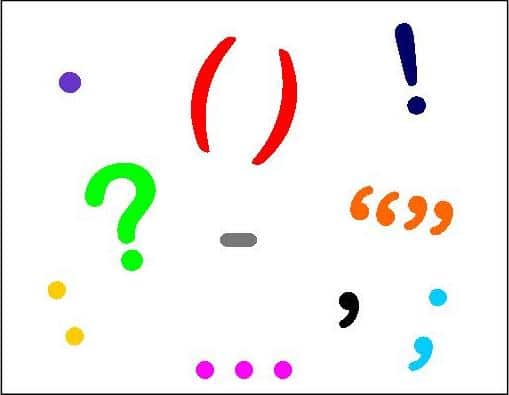Reflection involves looking back on an experience and drawing on your emotions, expectations and beliefs to help you make sense of what the problem is. It is an action e.g. finding a solution to a problem. It may involve gathering others’ beliefs and comparing them. Reflection allows us to challenge our actions and beliefs and turn them into new ideas.
The Gibbs Model encourages us to act upon what we reflect on and identify the positives and negatives in order to work upon them. It enables us to become better learners and encourages us to never stop trying to improve our learning.
As teachers, it is important for us to continually reflect upon our lessons. We need to ensure that our pupils are able to understand what we are teaching. Children have different learning styles. It may be essential to reflect upon our teaching and adapt it for some pupils who don’t initially grasp the concept as it is not taught in a way that works with their learning style.


